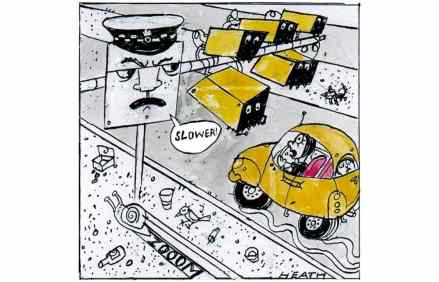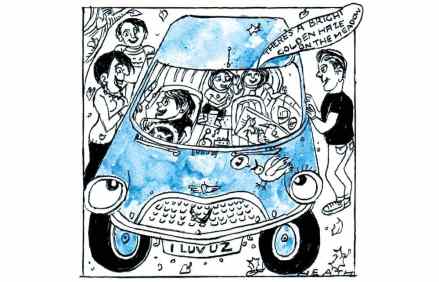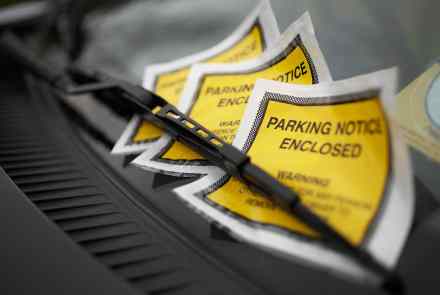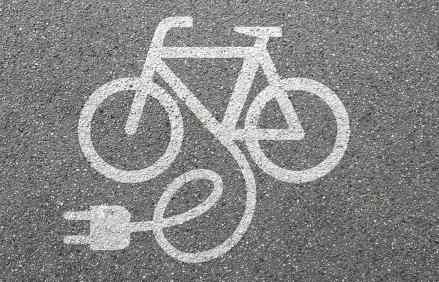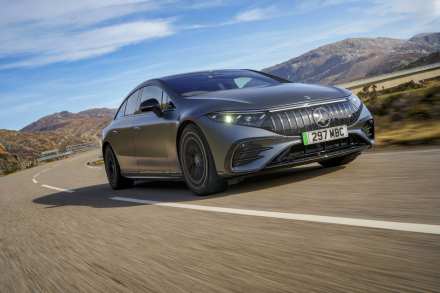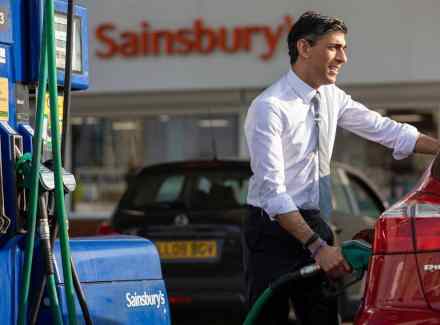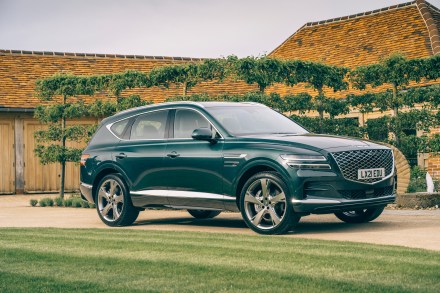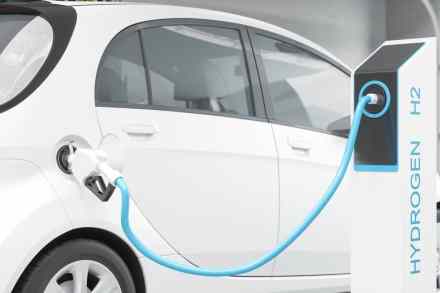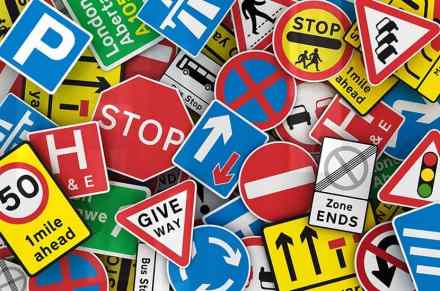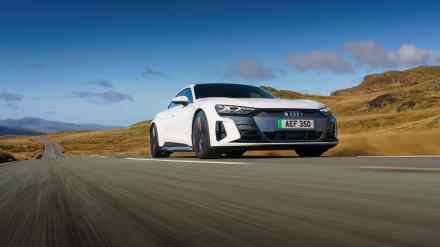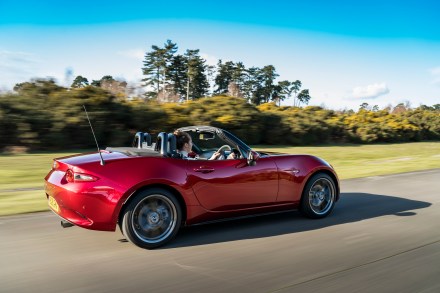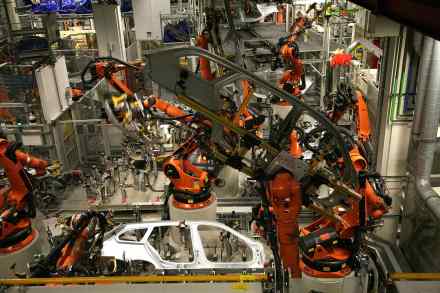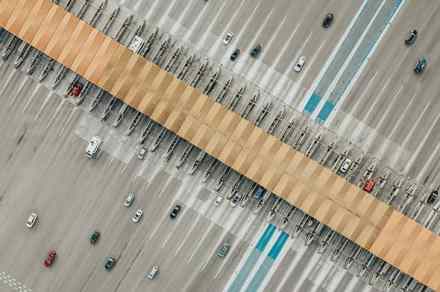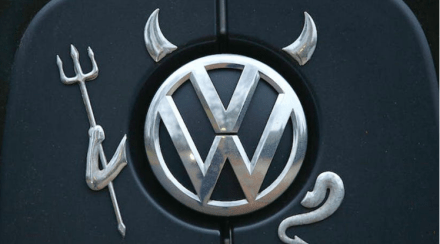The pernicious creep of the 20mph zone
‘Twenty is plenty’ say the passive-aggressive road signs as you drive very slowly through 20mph zones all over Britain. The slogan is accompanied by a cartoon drawing of a snail. Then you get a frowny-frowny-frowny electronic sign and you slow from 25 to 20 to make it turn into a smiley face. That’s how we’ve been softened up: with a cocktail of the sanctimonious and the kindergarten. As I crawl along the empty dual carriageway of Park Lane late in the evening, where the speed limit has been reduced from its previous 40mph to the now blanket central-London limit of 20, I hiss: ‘No, twenty is not plenty. Twenty is
